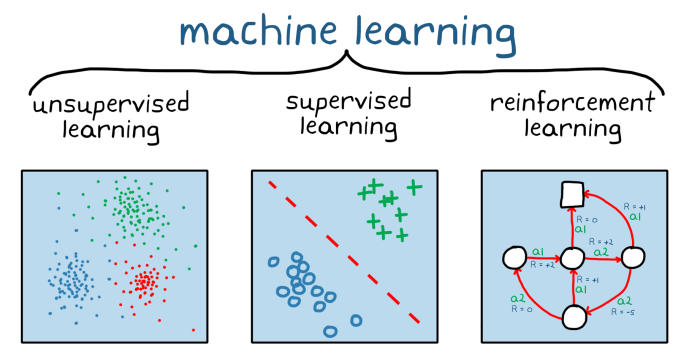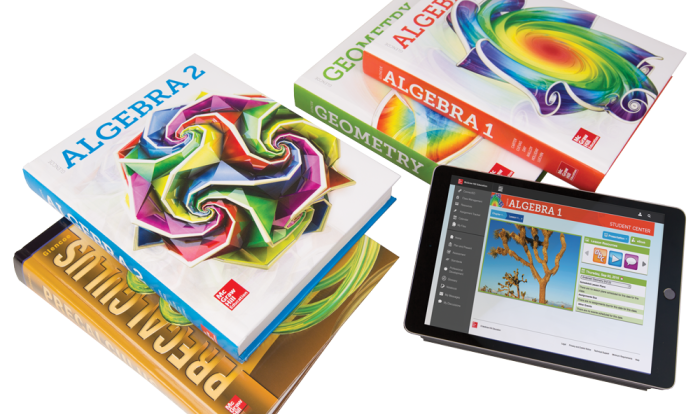Lesson 13.3 learning the key terms – Embark on a journey into Lesson 13.3: Learning the Key Terms, where we delve into the foundational concepts that unlock a deeper comprehension of the subject matter. These key terms serve as the building blocks of knowledge, providing a solid foundation for further learning and critical thinking.
Throughout this lesson, we will explore the significance of understanding key terms, uncover effective strategies for memorization and retention, and witness their practical application in real-world contexts. By mastering these key terms, you will not only enhance your communication and problem-solving abilities but also lay the groundwork for continued academic success.
Key Terms in Lesson 13.3: Lesson 13.3 Learning The Key Terms

Key terms are essential building blocks for understanding any subject matter. In Lesson 13.3, we will define and explain the key terms introduced in this lesson, providing examples and illustrations to clarify the concepts.
Definition of Key Terms
- Key term:A word or phrase that has a specific meaning within a particular subject area.
- Concept:A general idea or principle that is represented by a key term.
- Example:The key term “photosynthesis” represents the concept of the process by which plants convert sunlight into energy.
Importance of Key Terms
Understanding key terms is crucial for comprehending the subject matter. They provide a foundation for further learning and critical thinking, enabling us to:
- Grasp the core concepts and principles of the subject.
- Communicate effectively with others in the field.
- Analyze and interpret information accurately.
- Engage in higher-order thinking skills, such as problem-solving and decision-making.
Strategies for Learning Key Terms
Effective techniques for memorizing and retaining key terms include:
- Spaced repetition:Reviewing key terms at increasing intervals to strengthen memory.
- Active recall:Trying to recall key terms without looking at notes to improve retention.
- Chunking:Breaking down large amounts of information into smaller, manageable chunks.
- Mnemonics:Using memory aids, such as acronyms, rhymes, or visual imagery, to enhance recall.
- Connecting to prior knowledge:Relating key terms to concepts already known to facilitate understanding.
Application of Key Terms, Lesson 13.3 learning the key terms
Key terms are not merely academic concepts; they are used in real-world contexts:
- Scientific research:Key terms provide a common language for scientists to communicate and collaborate.
- Medical diagnosis:Key terms help healthcare professionals accurately identify and treat medical conditions.
- Business communication:Key terms ensure clarity and precision in financial reports, contracts, and marketing materials.
FAQ Explained
What is the significance of understanding key terms?
Understanding key terms is crucial because they form the foundation of any subject matter. They provide a common language and framework for communication and understanding, enabling us to grasp complex concepts and engage in meaningful discussions.
How can I effectively memorize and retain key terms?
Effective memorization techniques include spaced repetition, active recall, and elaborative encoding. Spaced repetition involves reviewing key terms at increasing intervals, while active recall challenges you to retrieve information from memory without looking at notes. Elaborative encoding connects new information to existing knowledge, making it more meaningful and easier to remember.
How are key terms used in real-world contexts?
Key terms are essential for effective communication in various fields. In law, understanding legal terminology is crucial for interpreting contracts and regulations. In medicine, accurate use of medical terms ensures clear communication between healthcare professionals and patients. In business, key terms related to finance, marketing, and management are vital for decision-making and strategic planning.



